Three common words and their legal interpretation a half-century ago helped set the stage for a cultural revival among Native Americans while propelling an environmental movement that still resonates today in Washington state. It was 50 years ago today that U.S. District Judge George Boldt handed down his landmark ruling, which resolved the meaning of […]
February 12, 2024
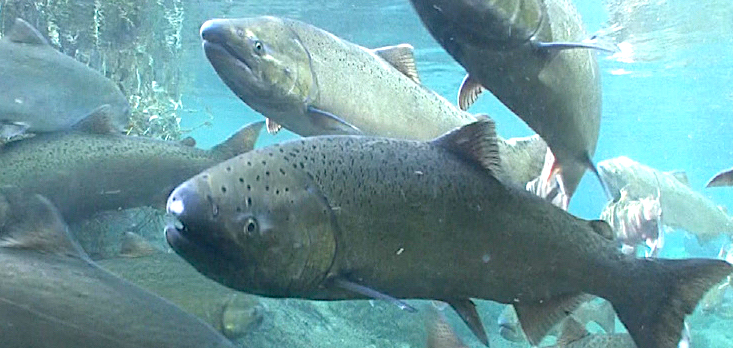 " alt="The words ‘in common with’ were pivotal to Judge Boldt’s ruling on Native American fishing rights">
" alt="The words ‘in common with’ were pivotal to Judge Boldt’s ruling on Native American fishing rights"> 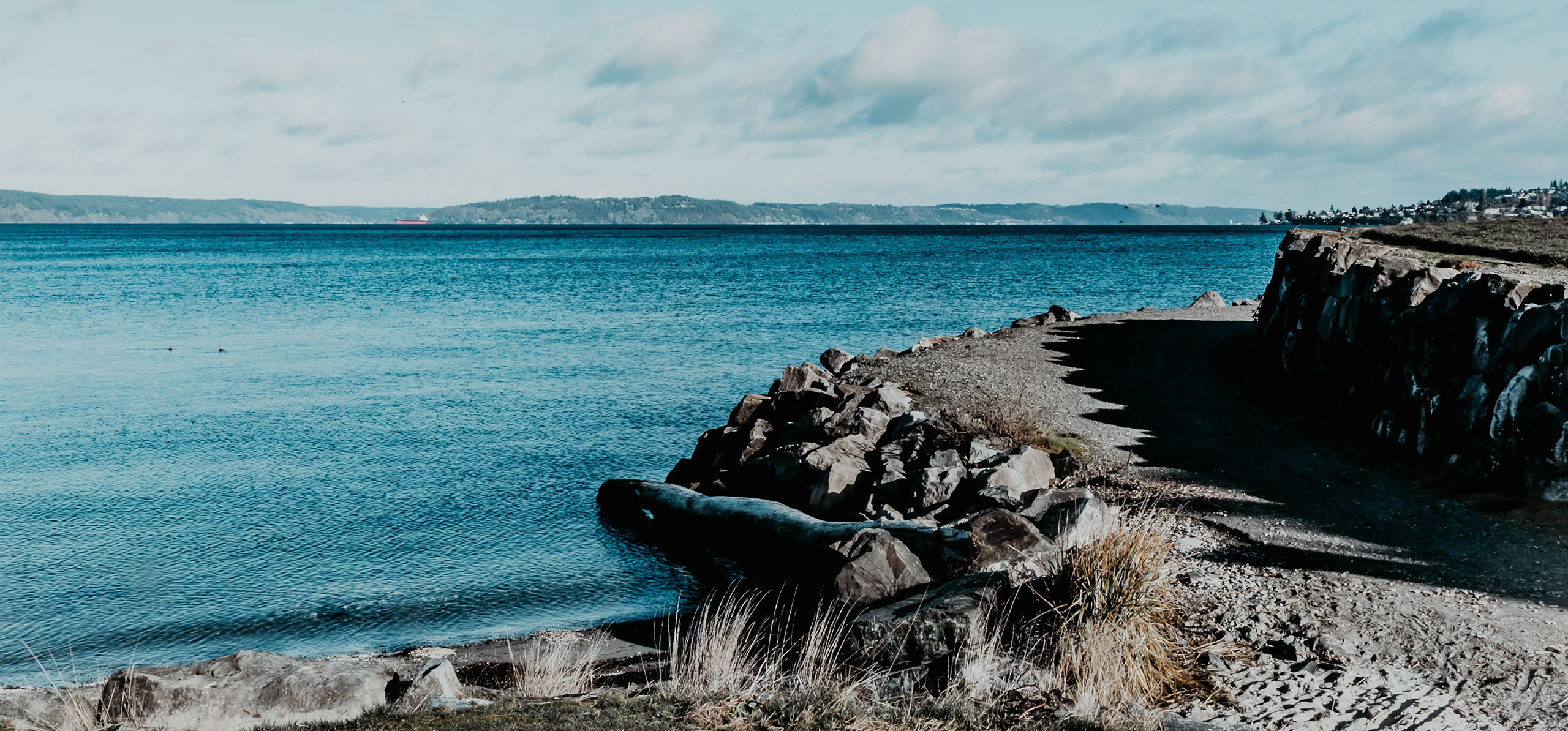
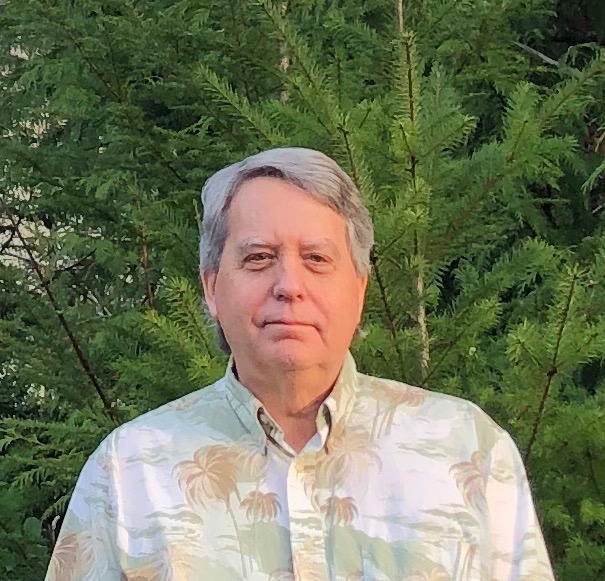
 " alt="Puget Sound ecosystem holding on, but recovery remains uncertain, says latest status report">
" alt="Puget Sound ecosystem holding on, but recovery remains uncertain, says latest status report"> 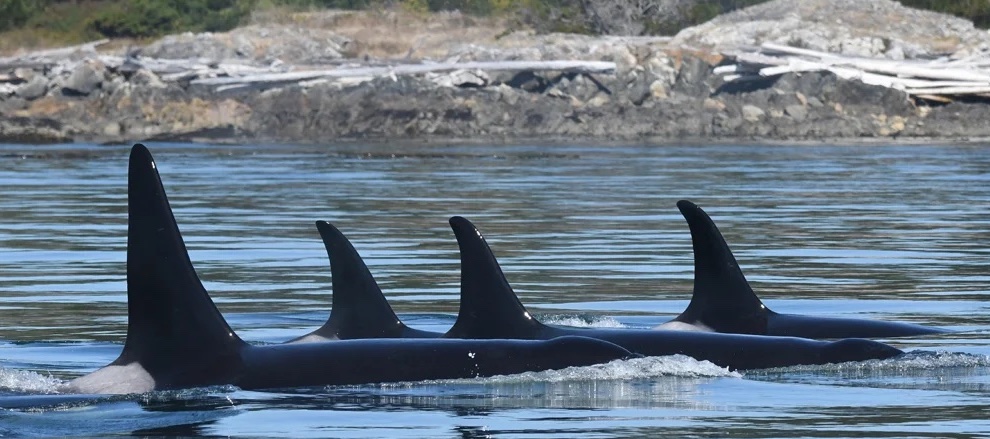 " alt="A no-death census year for Puget Sound’s orcas, with observations about a recent shift to more female births">
" alt="A no-death census year for Puget Sound’s orcas, with observations about a recent shift to more female births"> 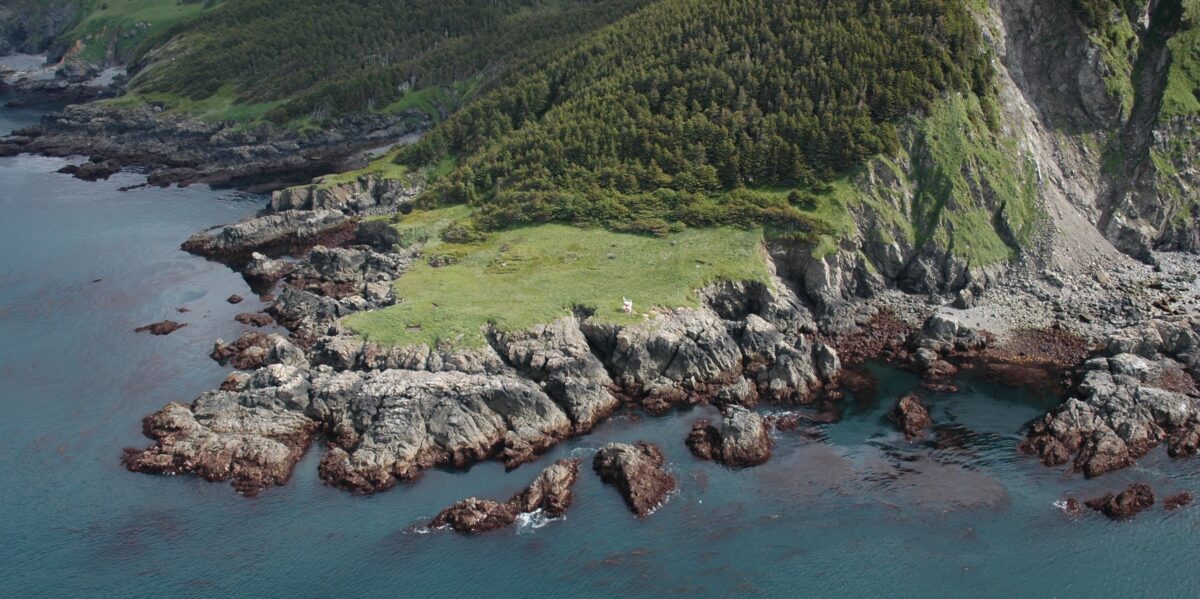 " alt="What may be the nation’s largest estuary seems hidden in plain sight for many people">
" alt="What may be the nation’s largest estuary seems hidden in plain sight for many people"> 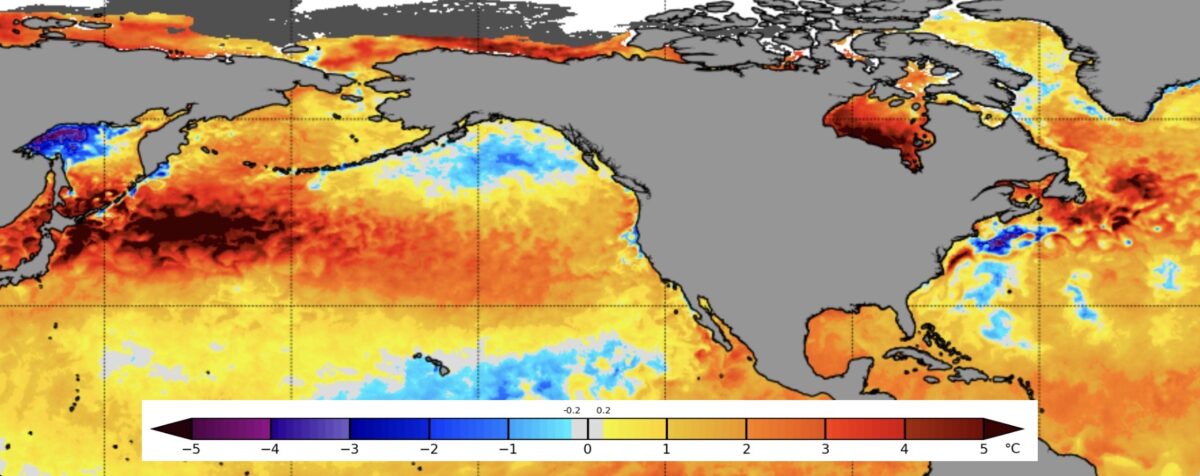 " alt="Warm ocean waters work their way into Puget Sound">
" alt="Warm ocean waters work their way into Puget Sound"> 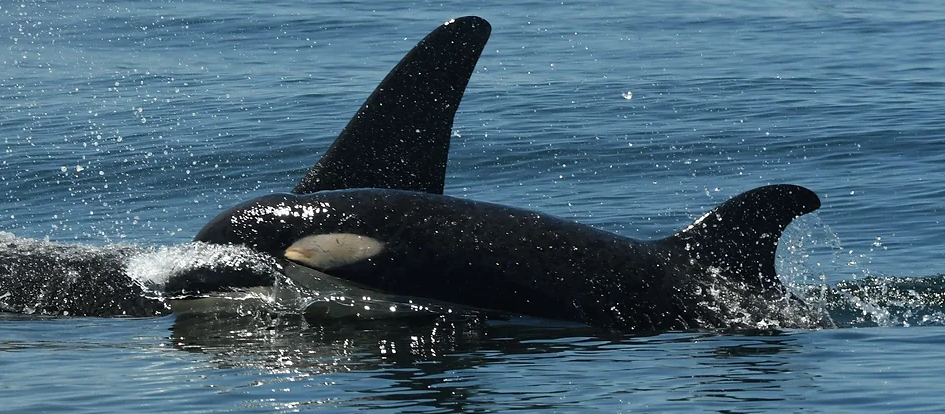 " alt="Two new baby orcas with no deaths over the past year could make for a remarkable census">
" alt="Two new baby orcas with no deaths over the past year could make for a remarkable census"> 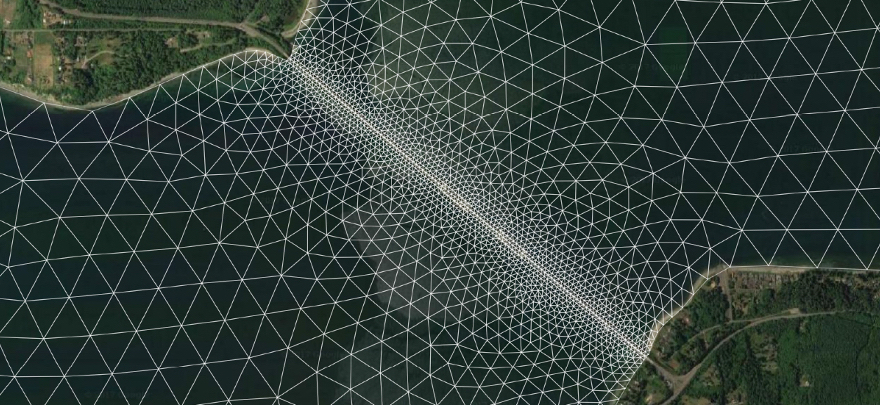 " alt="Salish Sea Model tracks pollution, currents and climate change">
" alt="Salish Sea Model tracks pollution, currents and climate change"> 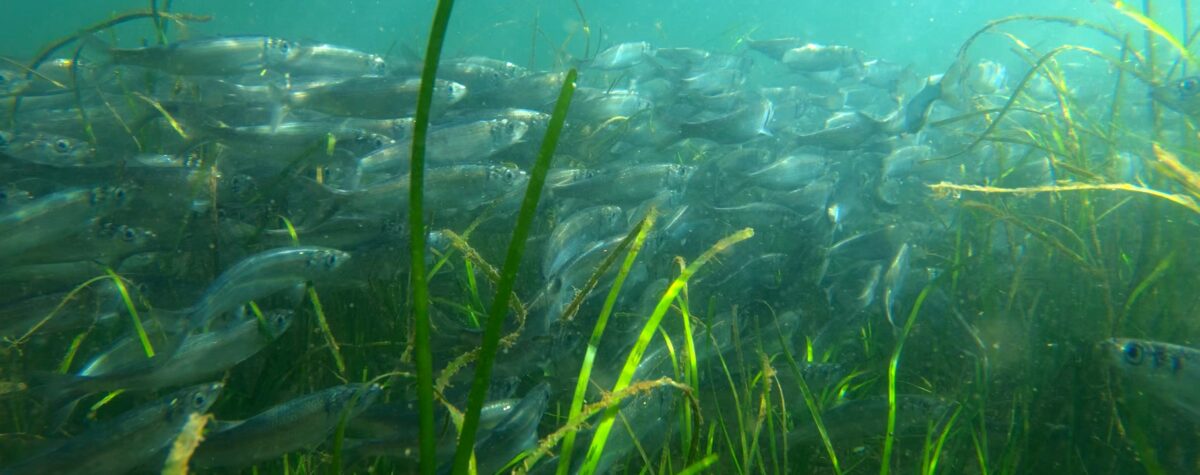 " alt="Prey and predators create varying life-or-death conditions for salmon, as shown with Atlantis model">
" alt="Prey and predators create varying life-or-death conditions for salmon, as shown with Atlantis model"> 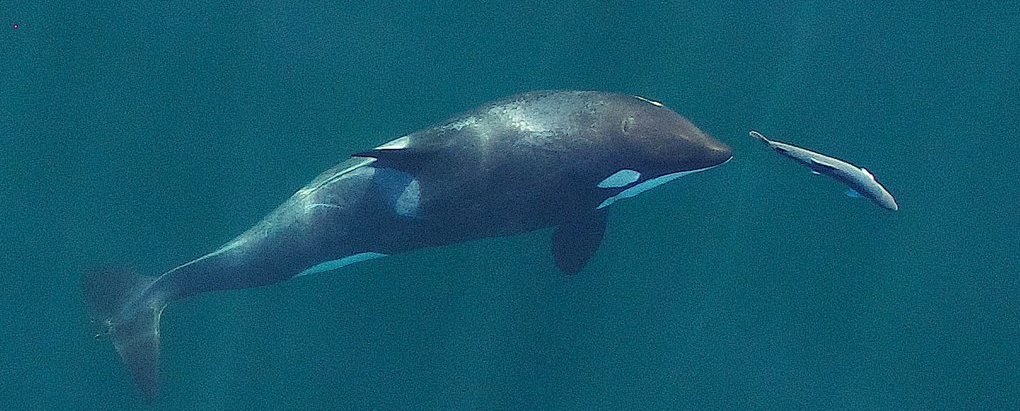 " alt="Southeast Alaska troll fishing restored for this year by court of appeals pending full legal review">
" alt="Southeast Alaska troll fishing restored for this year by court of appeals pending full legal review"> 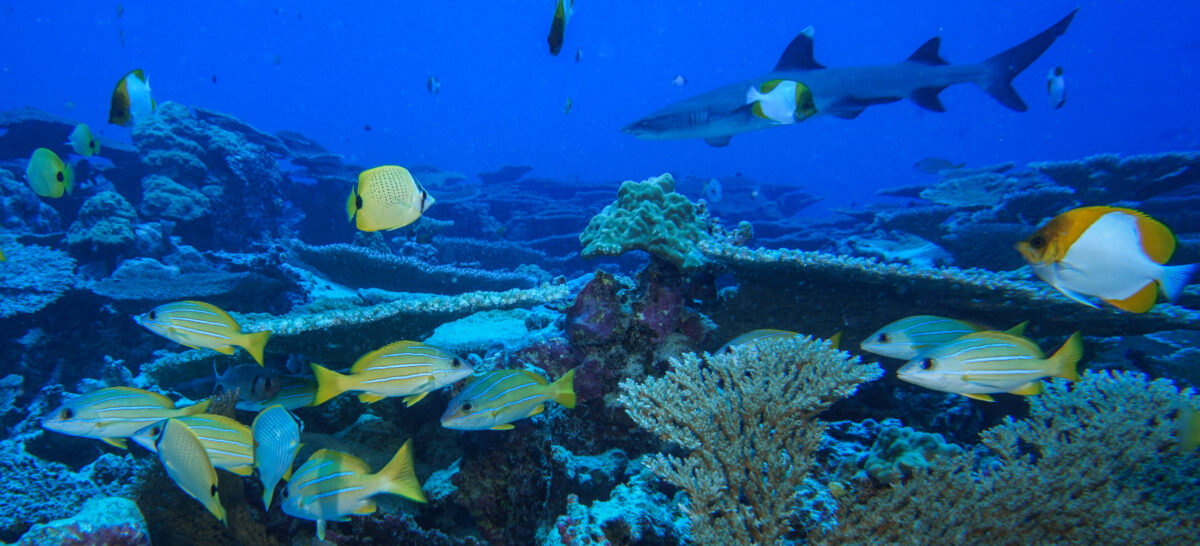 " alt="Quantitative models, including Ecopath, take food web studies to a higher level of analysis">
" alt="Quantitative models, including Ecopath, take food web studies to a higher level of analysis">
Recent Comments on Our Water Ways Posts